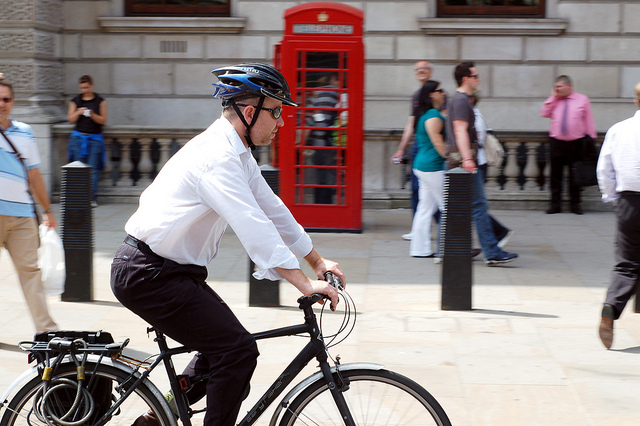With the working poor unable to retire we are entering a new normal of working purgatory until you die and is the other side of the coin to the rich getting richer says GMB
GMB commented on official data from Department of Work and Pensions which show that twice as many 70-74 year-olds are in employment compared with a decade ago and that one in 10 hold some kind of job. See notes to editors for copy of the story from Press Association.
Keir Greenway, GMB National Pensions Officer, said ” The trend for people to live longer has coincided with the cutting back by private sector employers of pensions for retired staff.
Good pensions have been replaced by glorified saving schemes that deliver not much in the way of pensions. Just try living on the basic state pension of less than £116 per week for a single person.
With the working poor unable to retire we are entering a new normal of working purgatory until you die.
With State Pension age going up, misleading information about the weekly amount for state pensions and government setting the minimum that employers and employees have to contribute to a workers pension combined at 2% we are seeing a new policy of work until death for lower paid manual workers in the private sector. This is the other side of the coin to the rich getting richer.”
Twice as many 70-74 year-olds are in employment compared with a decade ago.
One in 10 hold some kind of job, according to new figures from the Department for Work and Pensions (DWP).
It’s the highest figure since comparable records began in 1984.
Just over a quarter of million 70-74 year-olds in Britain are currently employed, up from around 100,000 at the start of the century.
The jump is part of a broader rise in the number of people aged 50 and over who are holding jobs.
The DWP said that part of the increase can be explained by demographic changes, but that growth in employment rates show that the number of people over 50 in employment has risen faster than the population over 50.
Around one in seven men of state pension age (65 and over) are currently in employment, up from one in 11 a decade ago.
A lower number of women of pension age are working: roughly one in 14, up from one in 23 in 2005






